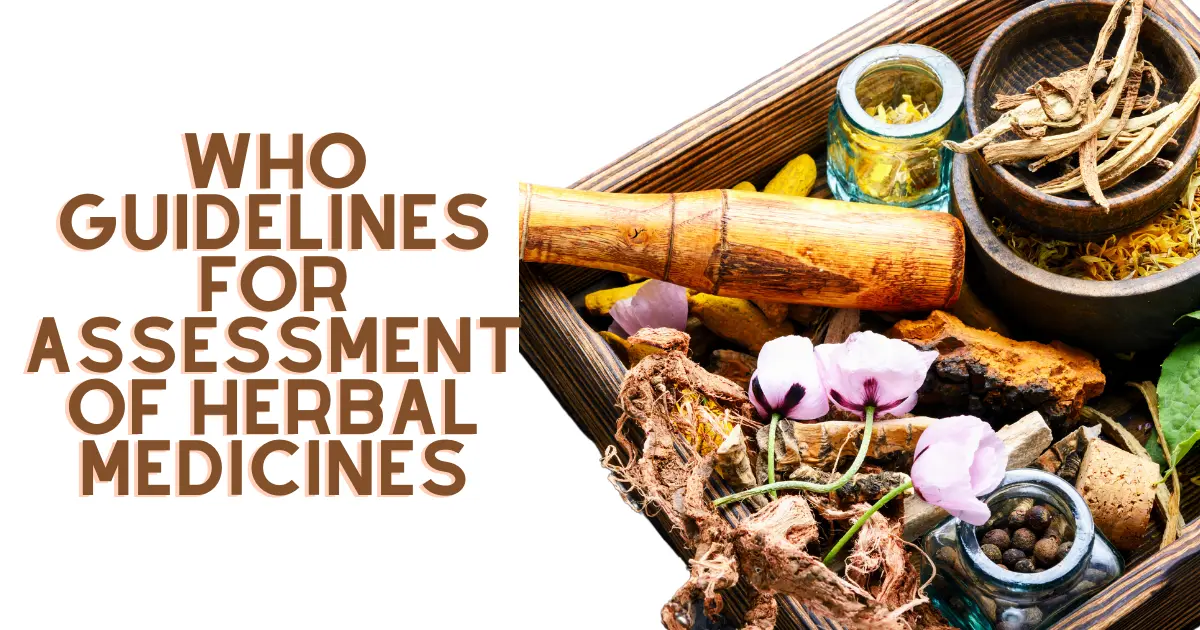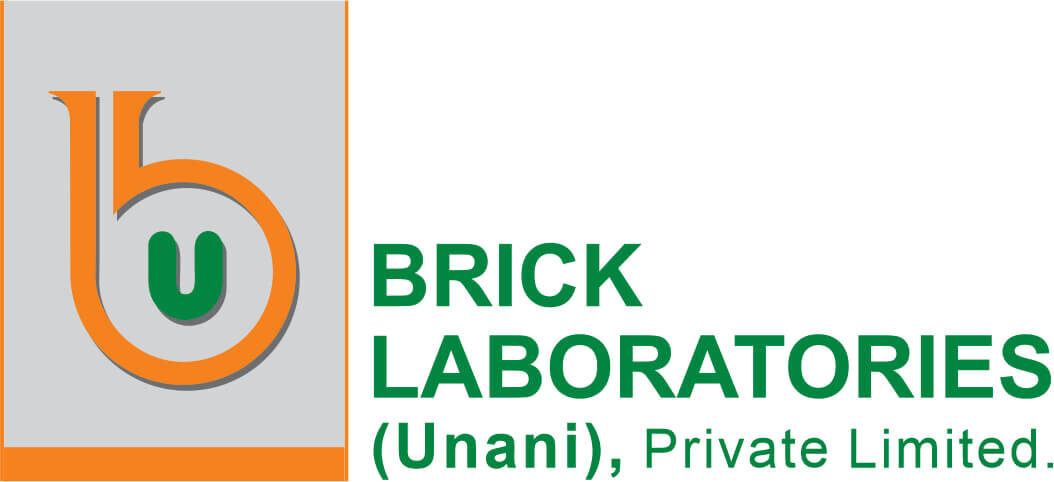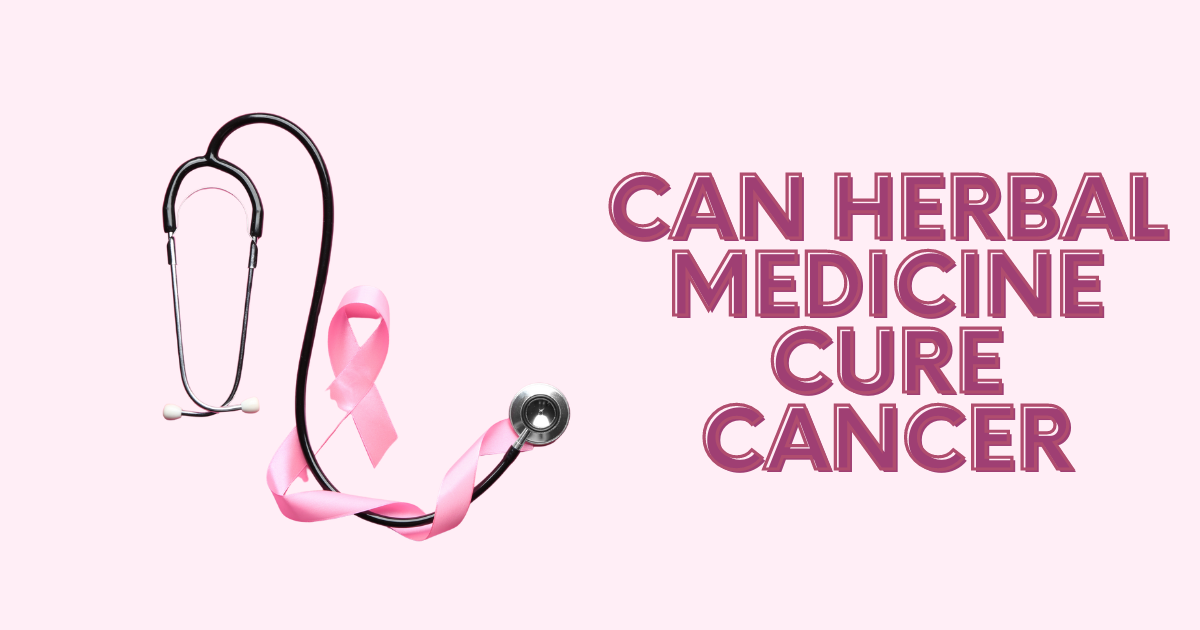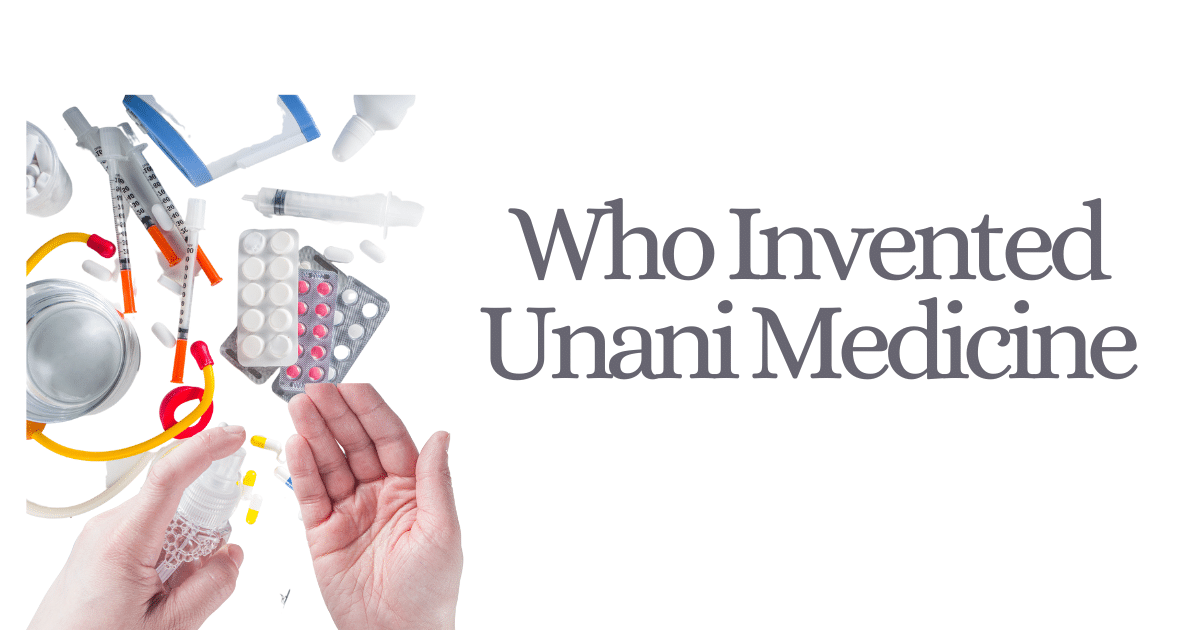Who Guidelines For Assessment Of Herbal Medicines

Herbal medicine has a long history that dates back thousands of years, and it continues to be widely used in healthcare today. However, it is crucial to guarantee herbal treatments’ efficacy, purity, and safety. To address this, the World Health Organization (WHO) has created thorough criteria for evaluating herbal medicines. In this blog article, we’ll examine the major tenets and recommendations made by the WHO for assessing herbal medicines.
Safety Evaluation
Identity and Purity:
The WHO stresses the need to correctly identify the herbal material used and ensure it is free of pollutants such as heavy metals and pesticides.
Toxicology tests are required as part of evaluations to assess the safety profile of the herbal product. Any possible negative effects ought to be recorded.
Quality Evaluation:
WHO advises following good agricultural and collecting practices (GACP) to guarantee that medicinal plant production, harvesting, and collection adhere to high standards.
Good Manufacturing Practices (GMP):
To ensure product consistency and quality, the manufacturing of herbal medicines should adhere to GMP.
Quality Control:
Herbal medications should undergo stringent quality control testing to ensure their composition and efficacy.
Efficacy Evaluation:
Preclinical and Clinical Studies:
Preclinical and clinical studies should be conducted to determine the efficacy of herbal remedies for certain medical diseases.
Traditional Knowledge:
When a traditional use is well-established, WHO promotes combining such knowledge with current scientific studies to determine its efficacy.
Regulations to Be Considered
Legal Frameworks:
The World Health Organization advises nations to provide clear legal frameworks for registering, producing, and marketing herbal medicines.
Packaging and Labeling:
Herbal products should be properly packaged and labelled with usage instructions, dosage recommendations, and any possible negative effects.
Conclusion
The WHO guidelines for evaluating herbal medicines offer a thorough framework to guarantee these homoeopathic treatments’ efficacy, quality, and safety. Traditional herbalists and contemporary healthcare systems must abide by these rules to include herbal medicines in patient care securely and efficiently.
Governments, medical professionals, and consumers must collaborate to sustain these standards as demand for herbal remedies increases. By doing this, we can protect the public’s health and advance evidence-based healthcare practices while maximizing the potential of herbal therapies. Always get the advice of a licensed healthcare professional before using herbal remedies to guarantee their safety and suitability for your medical requirements.




